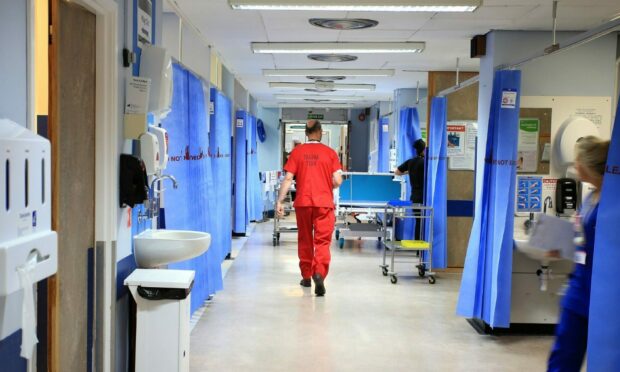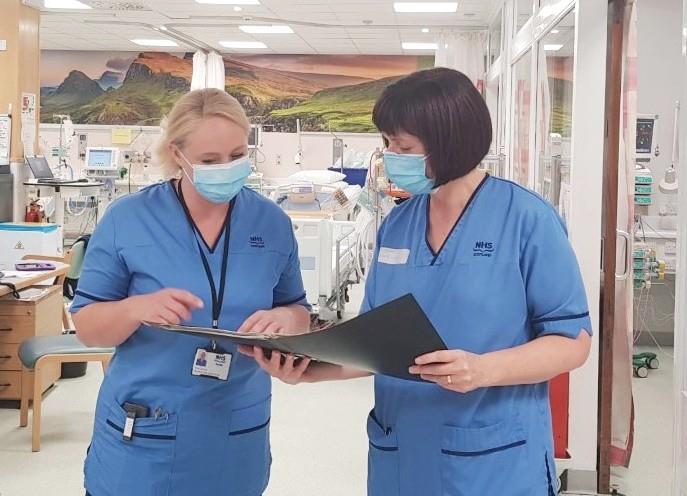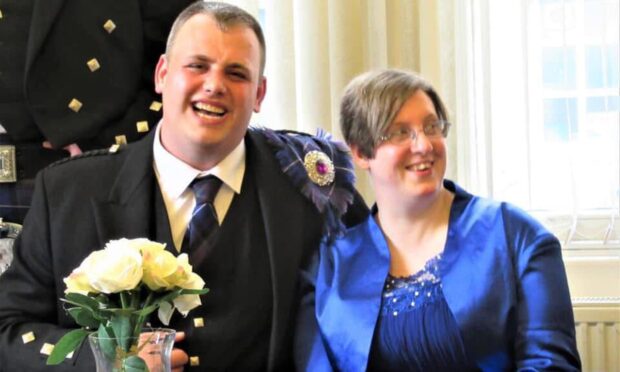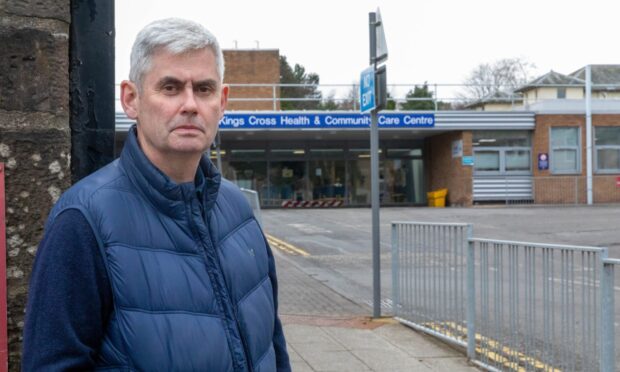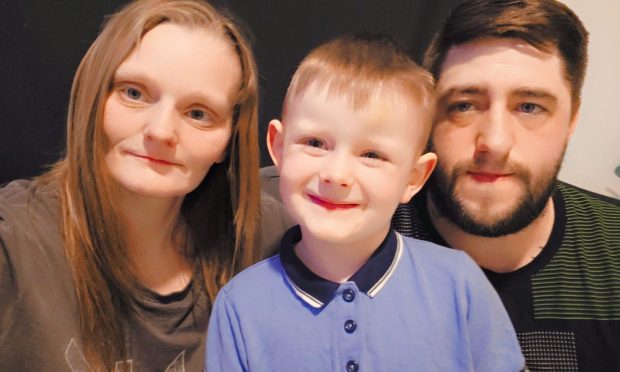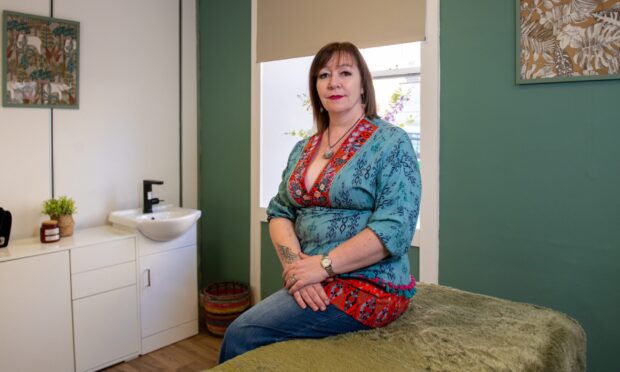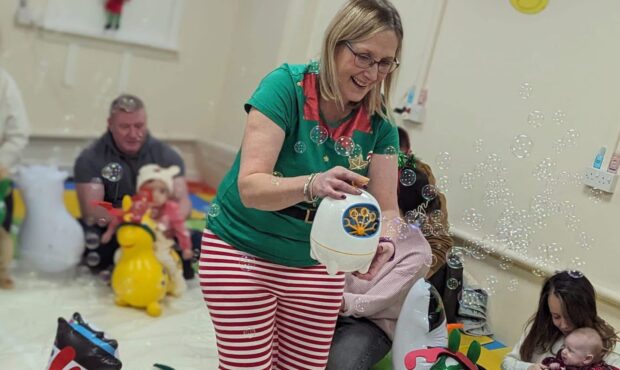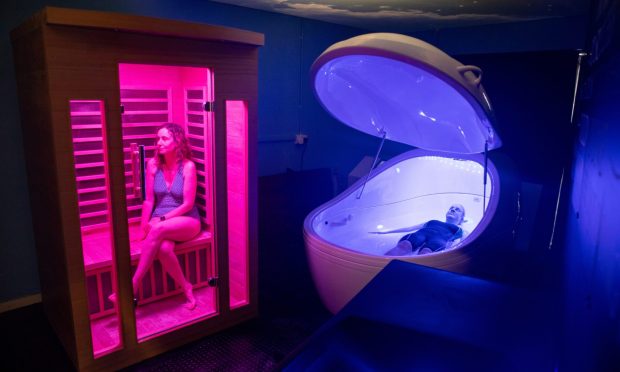Public Health Scotland is expected to release data today revealing how many people are in hospital ‘because of’ Covid as opposed to ‘with’ the virus.
The new statistics come the day after Scotland recorded its one millionth Covid case of entire pandemic.
This information should shine light on the spread of Covid in hospitals – as well as giving an indication to the public of the impact of the new variant.
PHS data last year showed 68% of people were being admitted to hospital because of Covid.
Speaking to BBC’s Good Morning Scotland, NHS Grampian health expert Jillian Evans explained what she is expecting to see in this year’s figures.
“What we’re looking to see in the report today is how things have changed as a result of Omicron,” she explained.
“This will vary in different parts of the country.
“It might be a bit early to take definitive results from this, but it will give us some indication about changes.”
It is thought the figures will be released by Public Health Scotland at around midday.
‘Can we live with the virus?’
Ms Evans says they are monitoring trends in patients who are in hospital because of Omicron, and that they seem to be requiring care for shorter lengths of time.
ICU admissions are relatively stable, which could be down to the combination of vaccinations and the fact the Omicron variant appears to be less severe.
Ms Evans says: “The reason the data is important isn’t just for short-term planning, although that’s necessary too, particularly for patient management and patient safety.
“It’s also important for us to understand the nature of the virus and, ultimately, can we live with it?”
Changes to restrictions
Despite the high number of cases still being recorded each day, a number of Covid restrictions have been changed and eased this week.
As of today, people travelling to Scotland from abroad who are fully vaccinated or who are under the age of 18 will no longer need to take pre-departure Covid tests.
Self isolation rules have also changed, with anyone who tests positive now only needing to isolate for seven days rather than 10. This is on the condition that they don’t have a fever and record two negative lateral flow results.
There is no longer a need to confirm a positive lateral flow test with a PCR, and close contacts of positive cases don’t need to self-isolate if they are triple jabbed.
